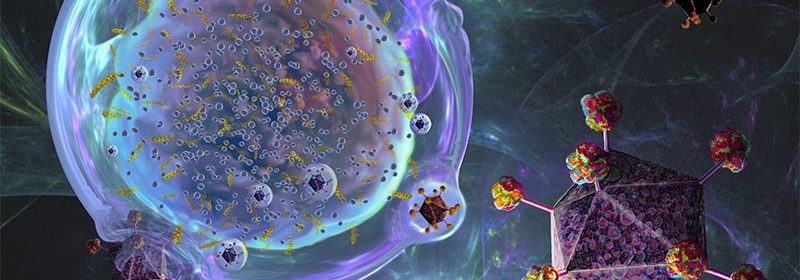CAR T-Cell Therapy May Treat Antisynthetase Syndrome

TOPLINE:
CD19-targeting CAR T cells may effectively treat refractory antisynthetase syndrome, according to a case study.
METHODOLOGY:
-
Previous case studies found that CD19-targeting chimeric antigen receptor (CAR) T cells were efficacious in treating autoimmune conditions such as refractory systemic lupus erythematosus.
-
CD19-targeting CAR T cells were administered to a 41-year-old male patient with antisynthetase syndrome with progressive myositis and interstitial lung disease that was not responsive to available therapies.
-
The patient received conditioning therapy before infusion with CAR T cells with fludarabine (25 mg/m2) and cyclophosphamide (1000 mg/m2).
-
Starting 35 days after CAR T-cell infusion (at 1.23 × 106/kg), the patient received mycophenolate mofetil (2 g/d).
TAKEAWAY:
-
At 8 months, there were no detectable signs of myositis on MRI.
-
The patient’s Physician Global Assessment score improved, as did his performance on muscle strength and pulmonary tests.
-
B-cell counts were low at the beginning and further decreased after CAR T-cell therapy, but recovered over time.
-
The study suggests that CAR T-cell therapy could be safe and effective in the treatment of refractory antisynthetase syndrome.
IN PRACTICE:
This case report is too preliminary to have a practical application.
SOURCE:
Ann-Christin Pecher, MD, University Hospital Tübingen, Germany, led the research. The study was published online in JAMA on June 27, 2023.
DISCLOSURES:
The study authors report financial relationships with Gilead, Novartis, and Bristol-Myers Squibb.
For more news, follow Medscape on Facebook, Twitter, Instagram, and YouTube.
Source: Read Full Article